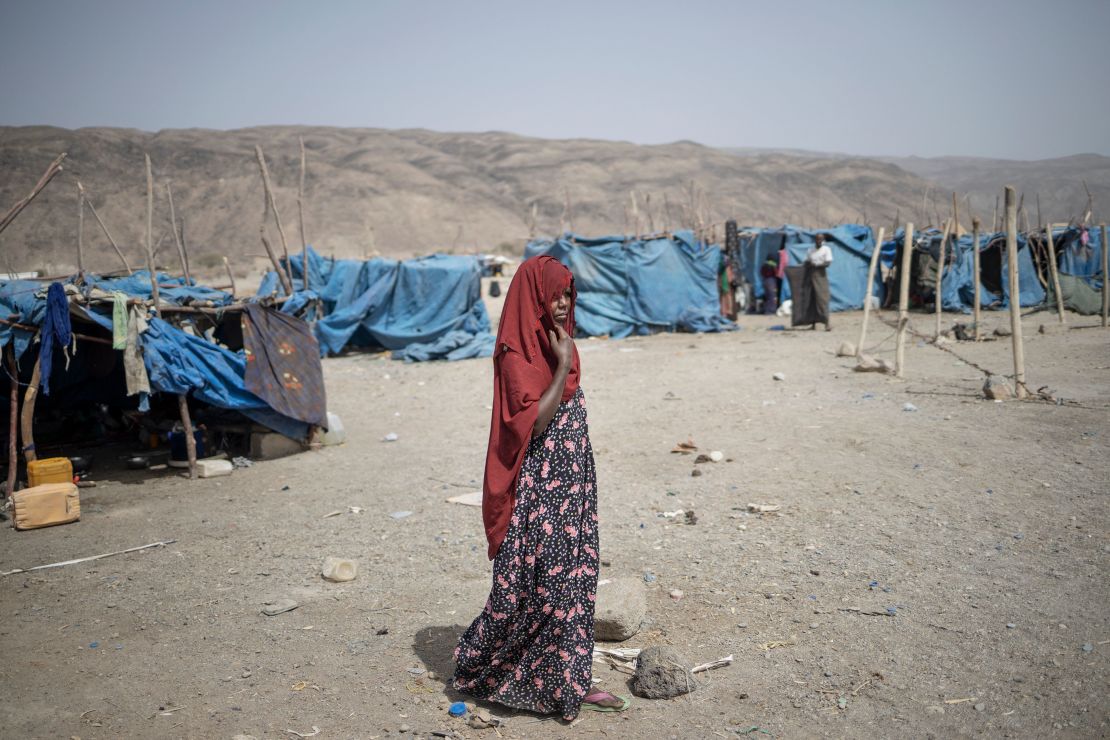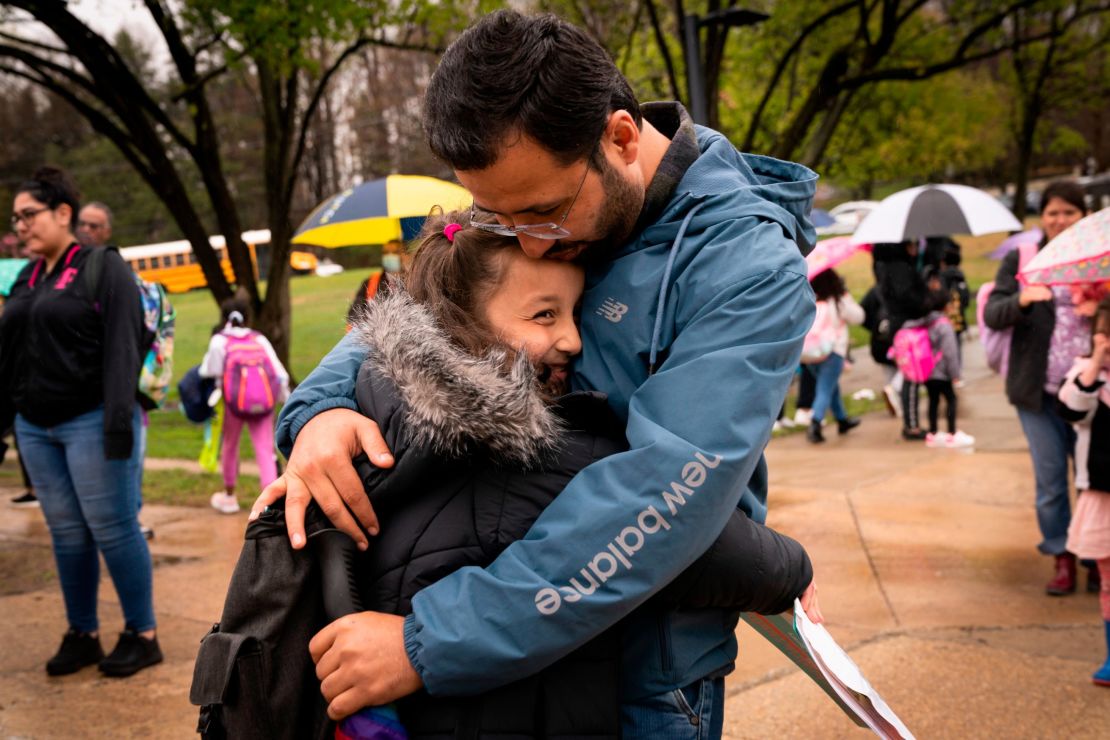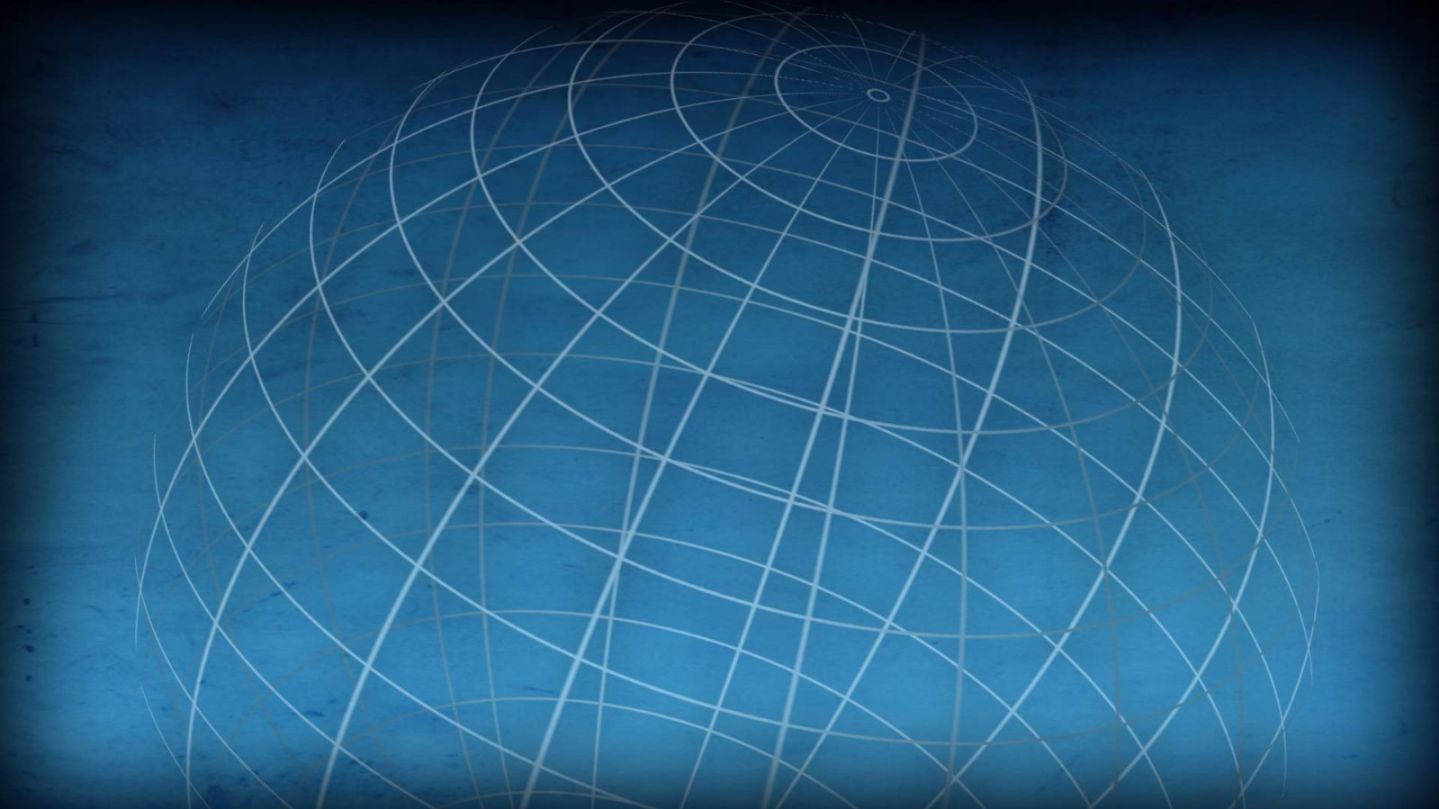“How long are we going to live in this fear?”
That was the question Hanna Pysana and her friends found themselves asking after Russia invaded Ukraine. Pysana, an artist and teacher living in Odesa, was like many other Ukrainians, not ready to leave her home behind when Russian forces invaded. The stress and the realities of living in a war zone, however, proved to be too much.
“It was very hard to be resourceful, to work, to feel good and to give something if you’re always in the feeling of fear.”
Pysana is one of the more than 7 million people that fled their homes in Ukraine in order to find safety. But there are many more who either cannot leave their homes or who have become internally displaced inside the country –the ones still living in constant danger.
“Usually those who are displaced within their countries are worse off. They’re not able to get out. They’re not able to find support,” Ky Luu, Chief Operating Officer of the International Medical Corps told CNN.

100 million people - a new record
This year, World Refugee Day -June 20th- falls almost 4 months after Russia invaded Ukraine. But the war in Ukraine is just one of the reasons there are now over 100 million displaced people around the world – a record according to the UN High Commissioner for Refugees (UNHCR).
“The figure of 100 million is a dramatic milestone. It translates into one in every 78 people on Earth having been forced to flee,” UNHCR spokesperson Chris Boian wrote in an email to CNN.
According to UNICEF, that number also includes nearly 37 million children. Recent conflicts and crises in countries such as Afghanistan, Ethiopia, Syria, Yemen, the Democratic Republic of the Congo and more have also contributed to this record number of displaced people. While many aid organizations have been working in emergency mode since the war in Ukraine started, the work to help those affected will continue long after that conflict ends.
“World Refugee Day is critical to addressing the needs of those?fleeing war and oppression, but the ongoing work of?the days and months that follow will make the difference to the lives of refugees,” Ariel Zwang of the American Jewish Joint Distribution Committee (JDC) wrote via email to CNN.
The response to Ukrainian refugees has been one of the JDC’s biggest undertaking since World War II when the group helped 81,000 Jews flee the Nazis. Now, some of those same Holocaust survivors have found themselves in need of evacuation help again.
So far, the JDC, in coordination with the Claims Conference and local Jewish social service agencies, has evacuated more than 70 Holocaust survivors and placed them in long-term nursing care in Germany.
The JDC has also helped over 12,700 Jewish Ukrainians, like Pysana, find safety outside the country. Pysana, is currently in Moldova, with lingering questions about her friends and family. She says that she doesn’t know when she will see her parents again.
But, even after an “emotionally hard and exhausting” experience that left her living in a foreign country, she feels a “responsibility to help people.” A few days after she arrived in Moldova, Pysana began helping the JDC organize and manage refugees at a hotel.
“For me, what’s important, to be thankful for the help they gave me.”

Refugees paying it forward
It’s a path that Ky Luu from the International Medical Corps (IMC) turned into a career.
Luu’s family came to the US from Vietnam in 1975. He said his family was “fortunate” because they were able to get out of the country safely and resettle in the US, which was not the case for many others.
Luu has now spent over 30 years working in humanitarian and disaster relief. In Ukraine, he worked alongside IMC team members from Venezuela, Pakistan and Bosnia – all sharing their experiences with the Ukrainian people.
“At some point in time, their strength, their resilience will take over, and they will be able to rebuild. In this process, there’s a whole world of people, from all backgrounds, that will be there to help them, to be able to recover and to be able to thrive,” Luu said.
Ukraine has been the main focus for many aid organizations this year. But many aid workers like Luu say a “longer vision” is crucial to truly help refugees everywhere: investments and infrastructure so people can either resettle or return home with the ability to care for themselves.
The number of displaced people continues to grow year after year, but human resilience does not change. Even after fleeing war in her own country, Pysana still feels a global connection.
“I think that if we all are responsible to each other - we are all connected. And I can feel good, if someone (else) feels good. And if all people feel good in the world, I think the world would be different. It’s a global kind of thinking.”



